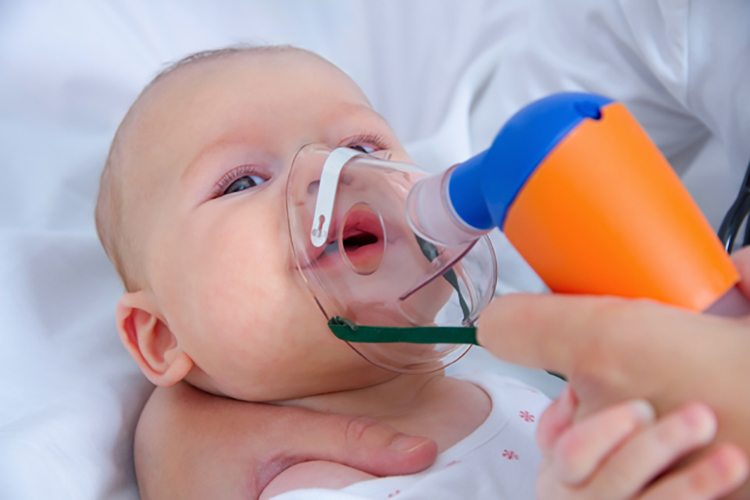
Your children will always be your top priority. And that’s why you’d go to great lengths to make sure your home is the safest place for them to live. Knowing the terrible effects that mold exposure can have on your kids is essential. Mold can develop in hidden areas. They can grow inside air ducts, drywall, on wood, carpets, paper, or anywhere that’s continuously exposed to moisture like under the kitchen or bathroom sinks. You may not be able to see them until it’s too late. But if you see these symptoms manifest in your children, you could at least consider mold as the culprit. That way, you can call in the experts to locate and deal with the problem.
Effects of Mold on Children’s Health
Babies and small children are at a stage where they’re still developing their immune systems. So, while you or any other healthy adults may not suffer from the effects of mold, your kids are always at risk.
Note: It’s still possible for adults with weakened immune systems or those who are allergic to mold to experience these symptoms.
The main thing you need to know is that the diseases that are associated with molds are common among children. It’s easy to dismiss mold symptoms as nothing serious.
You might see your baby sneezing, coughing, or with a runny nose — all of which are signs of mold allergy. And yet, you could blame it on something else entirely, not knowing what the real culprit was.
Even worse, there are far more dangerous effects toxic mold can have on children.
Here are a few:
Allergic Reactions

We’ve mentioned sneezing, coughing, and runny nose. But it does not stop there.
Your baby could experience rashes. Skin irritation is not out of the question, especially if the baby comes into direct contact with the mold in question.
To be clear:
Any number of things could cause rashes. But if you have mold in your home or suspect that you do, you could inform your pediatrician so she could use that information to assess what steps to take.
Respiratory Problems
It’s not uncommon for kids to develop croup, pneumonia, or bronchitis if there is mold growth due to water damage in the home.
- Croup — An inflammation or blockage of the larynx, trachea, and bronchi. Children will start to experience shortness of breath.
- Pneumonia — An inflammation of the lung tissue. Those afflicted will experience fever, chills, cough, fatigue, and difficulty in breathing.
- Bronchitis — An inflammation of the bronchial tubes. Your baby could experience dry coughing, noisy breathing, and vomiting. They’ll also eat less and can become more irritable.
According to the American Journal of Respiratory and Critical Care Medicine, there is a direct link between the dampness of the home to more respiratory symptoms in children. If you expose children to high levels of fungi, then you also raise the risk of respiratory symptoms.
The research concludes that homes with high levels of mold—when combined with environmental factors—had an 86% chance of infecting kids in their first year.

Gastrointestinal Conditions
Exposure to mold can also lead to problems with your kid’s digestive tract. It can lead to diarrhea, vomiting, and nausea.
Kids will also lose their appetite if they have gastrointestinal issues.
There’s also the possibility of bleeding in the intestinal tract and intestinal cramping.
While these symptoms often show up if the victim had eaten spoiled food, they can also pop up if they inhale the mold or absorb it through the skin.
Again, if you suspect that mold is causing these symptoms, let your pediatrician know. Also, look for other mold symptoms like coughing, sore throats, or rashes. This could help the doctor come up with the correct diagnosis.
And if she tells you that mold is causing the problem, seek professional help immediately.
If possible, let your child stay with friends or extended family until you deal with your mold issue at home.



